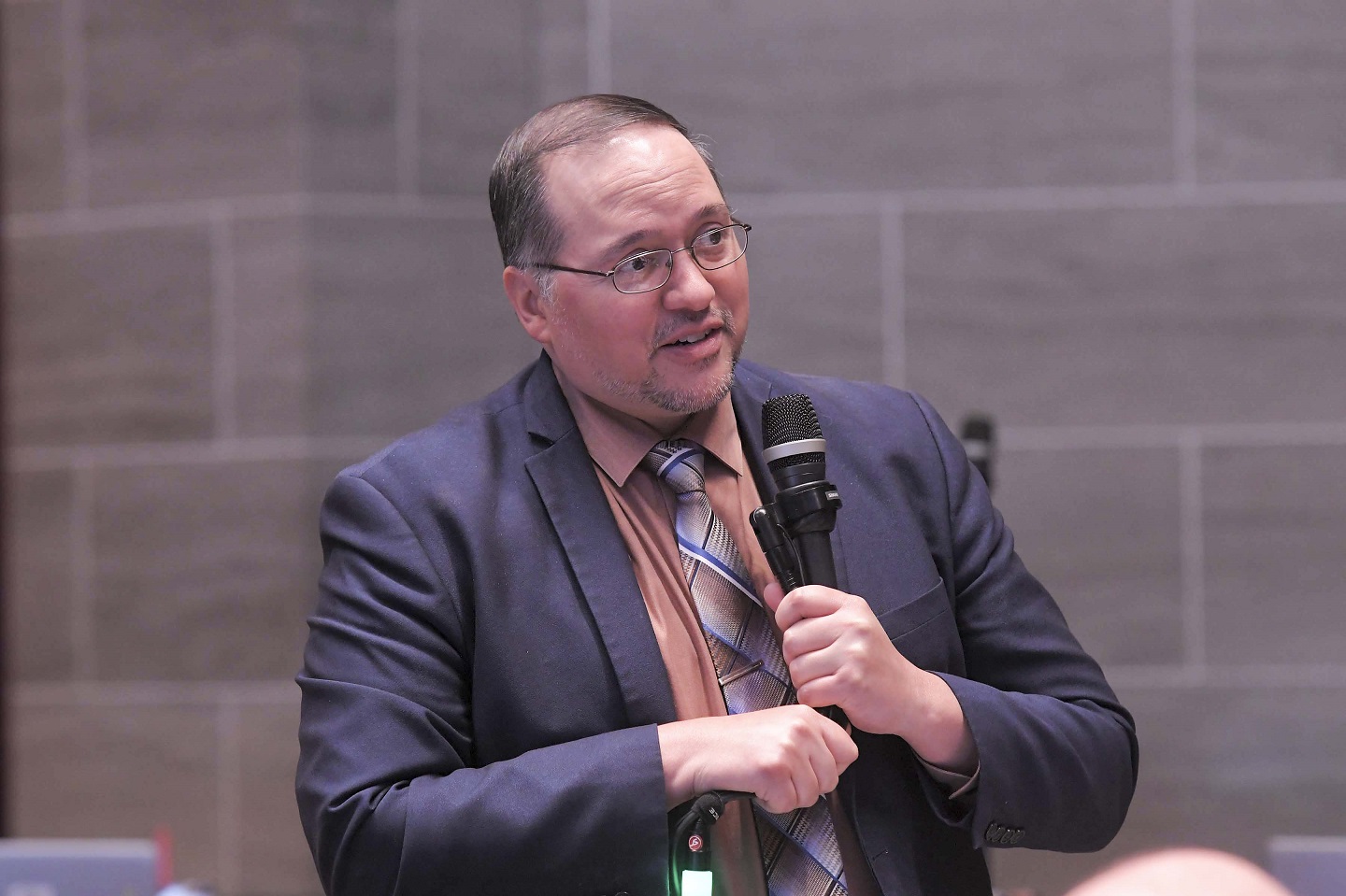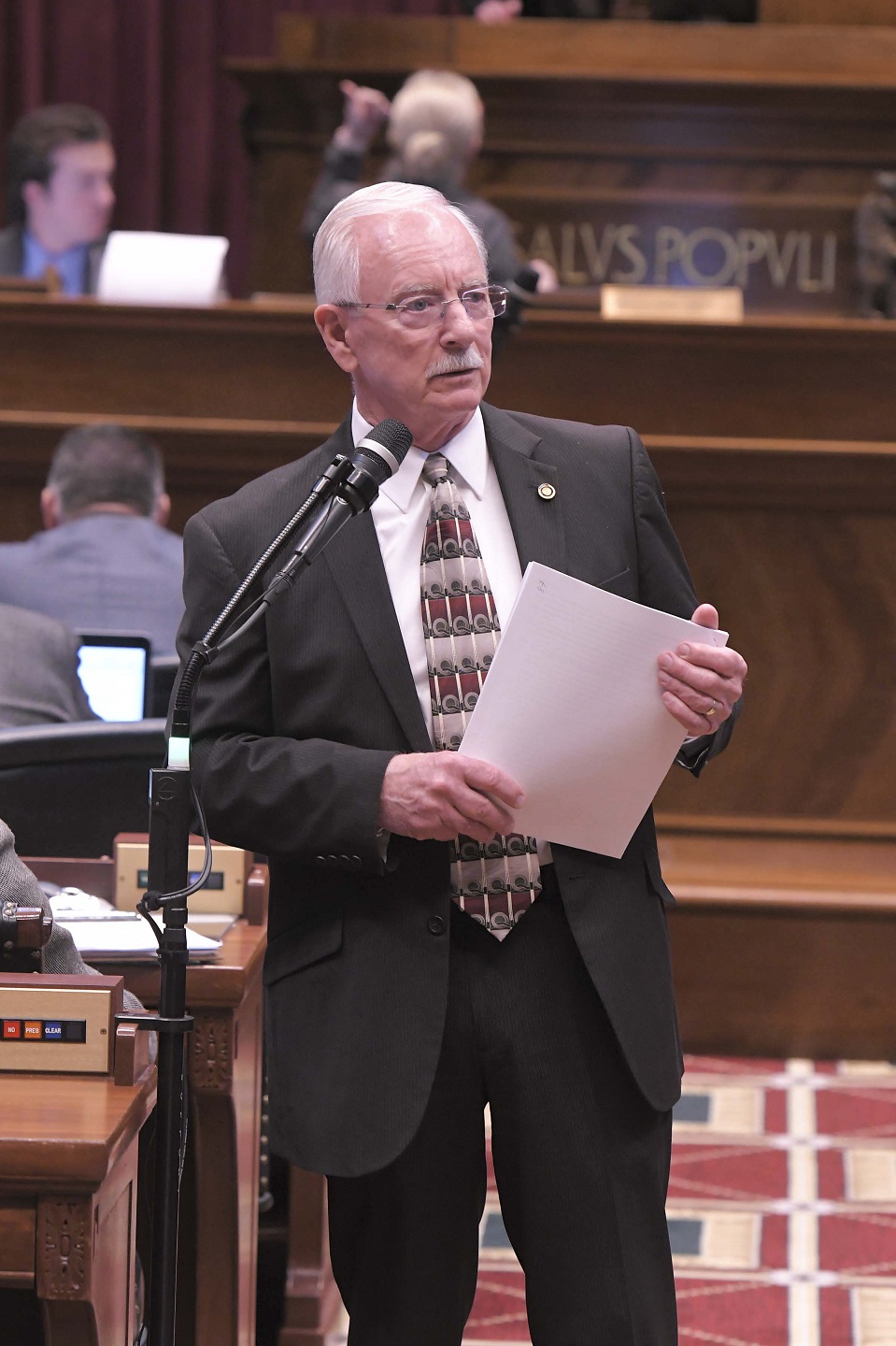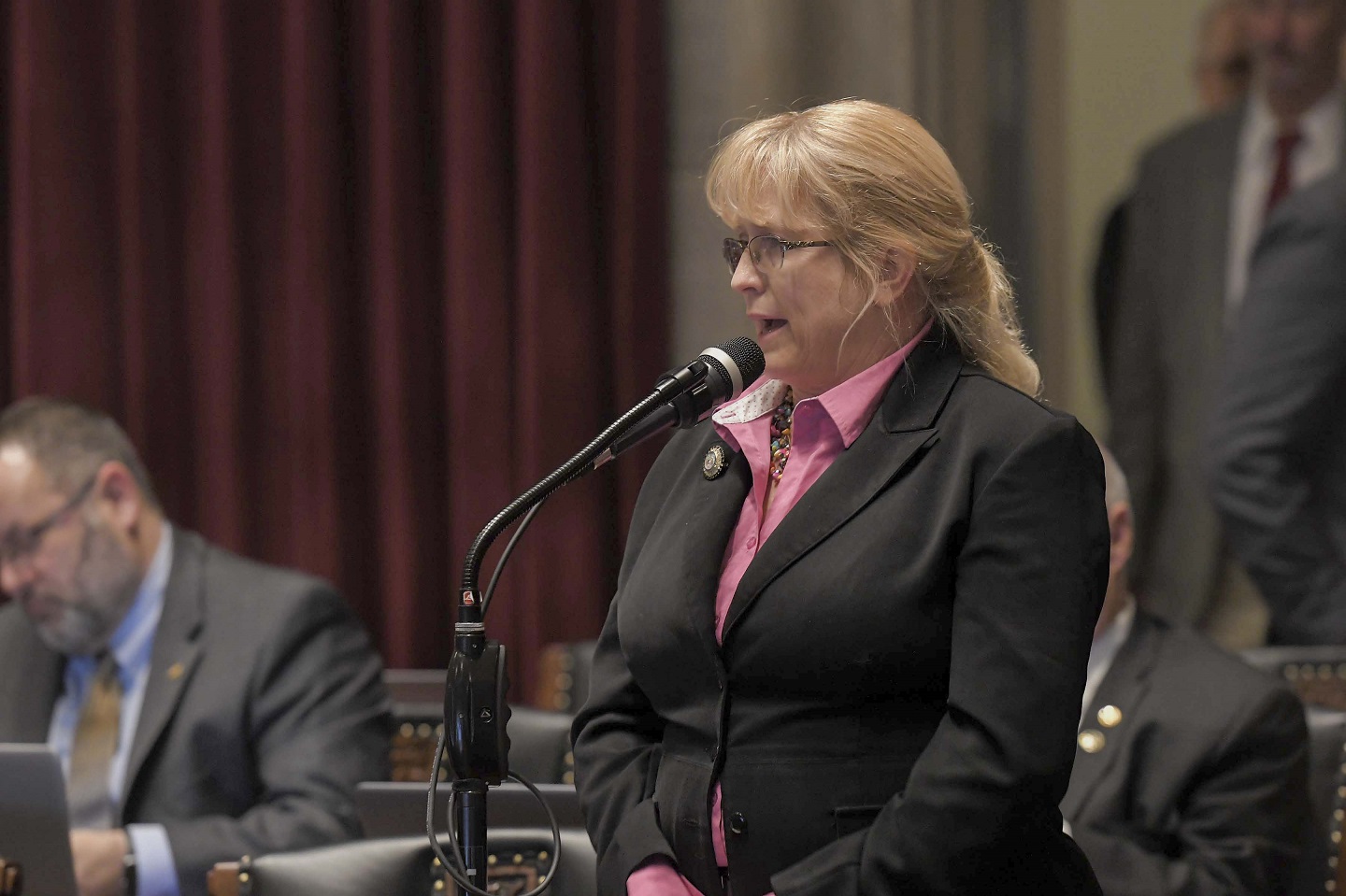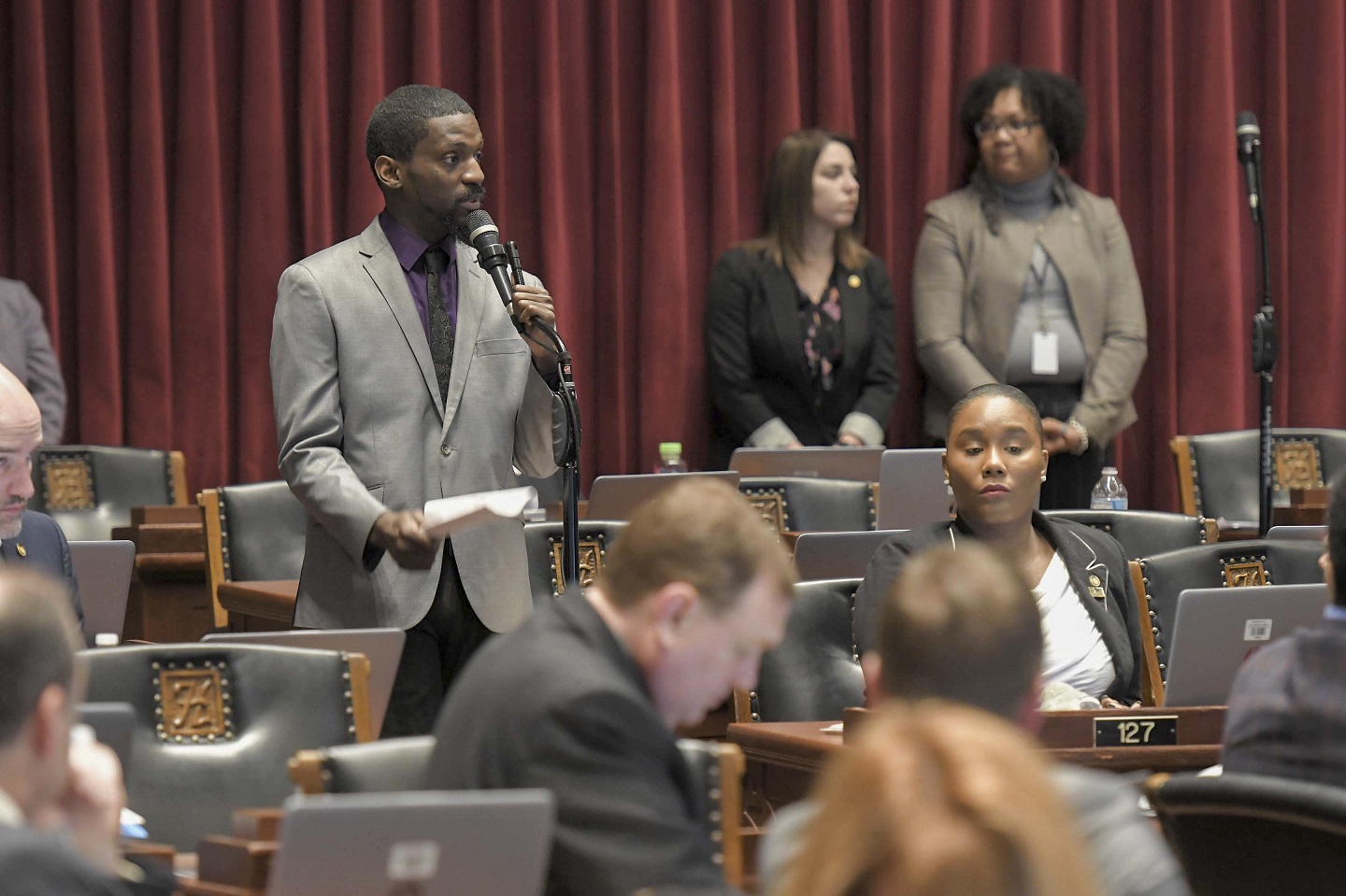Missouri 911 dispatchers will now be considered “first responders” in state statute under legislation that becomes effective next month. That will bring a lot of changes, including increased access to mental health resources.

Language in two bills signed into law by Governor Mike Parson (R) will add emergency telecommunicators to the definition of “first responders,” which previously included people like firefighters, police, and emergency medical personnel. The change in designation will mean, among other things, that dispatchers will have access to the same mental health supports as those in those other jobs.
Sarah Newell, Polk County 911 Director, says that’s something from which she and others in her field can definitely benefit.
“I hear it every day. I hear it happen. I hear overdoses, I hear suicides, I hear fatality accidents in children. It happens all the time,” Newell told House Communications.
She said a dispatcher’s emotions can be constantly in transition. “We don’t stay consistent. We drop to a one, and then we’re at a nine, and then okay we’re back to a two, and here we are, ten, ten, ten, and so it’s hard for your body to adjust to those heightened adrenaline changes so often throughout the day.”
“Sometimes it’s minute-by-minute,” said Jamie Taylor, President of the Missouri Chapter of the National Emergency Numbers Association (MO NENA). “[A dispatcher] could be on a really serious call with somebody that’s wanting to harm themselves and they’re having to try to talk them down, talk them through it … they could get right off of that call and deliver a baby on the next call.”
Taylor said the proposed re-designation has been considered for years while legislators and state agencies worked to consider what changings it would bring, and how to best implement it, but he said legislators always seemed to favor the change.
Representative Robert Sauls (D-Independence) has proposed such language for several years. In his time as a Jackson County Prosecutor and later as a public defender he listened to a lot of 911 calls.
“Having seen many of the videos and listened to many of these 911 calls, I know they’re stressful, and this is something that should have always been the case. Opening that door for mental health is so important,” said Sauls. “These people are the absolute first point of contact in most instances involving a crime and what could potentially be someone’s worst day of their life. The stress that they undergo, the amount of pressure that’s placed on them at that time, these people absolutely should be treated as first responders.”
Joplin Representative Lane Roberts (R) worked in public service for more than 40 years, including as Joplin’s Police Chief and the state’s Director of Public Safety. He said he even did some dispatching early in his career.

“Those people, in my mind at least, are the most underappreciated element of public safety there is,” said Roberts. “Everybody sort of takes them for granted. They’re in this windowless environment. Nobody sees them, they don’t get to see anybody, they deal with all the emotion, they deal with all the psychological trauma, but they don’t get to do anything except move on to the next calls. But, when you’re the guy in the field and you get yourself in trouble, that dispatcher’s your lifeline and suddenly they become the single most important person on the planet. There is just no way to express your appreciation for a good dispatcher.”
Taylor said like anyone who has done the job, he has experienced calls that he’ll never forget – the kinds of calls that take a toll.
He hopes this change will help to slow what has been a notably high turnover rate in his field.
He added that as much as anything, though, it will feel good for dispatchers simply to have this acknowledgement.
The change could also create access to grant dollars that could see local agencies expand the latest forms of 911 access in areas of Missouri that don’t have it. Newell and Taylor expressed their thanks to the legislators who worked for so many years on this issue.
That change in designation will take effect August 28.

